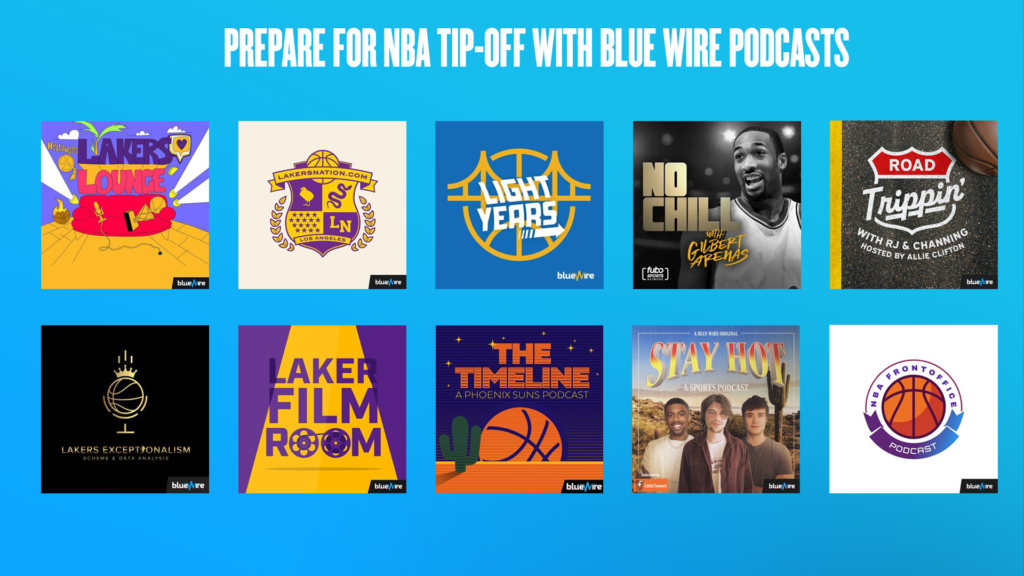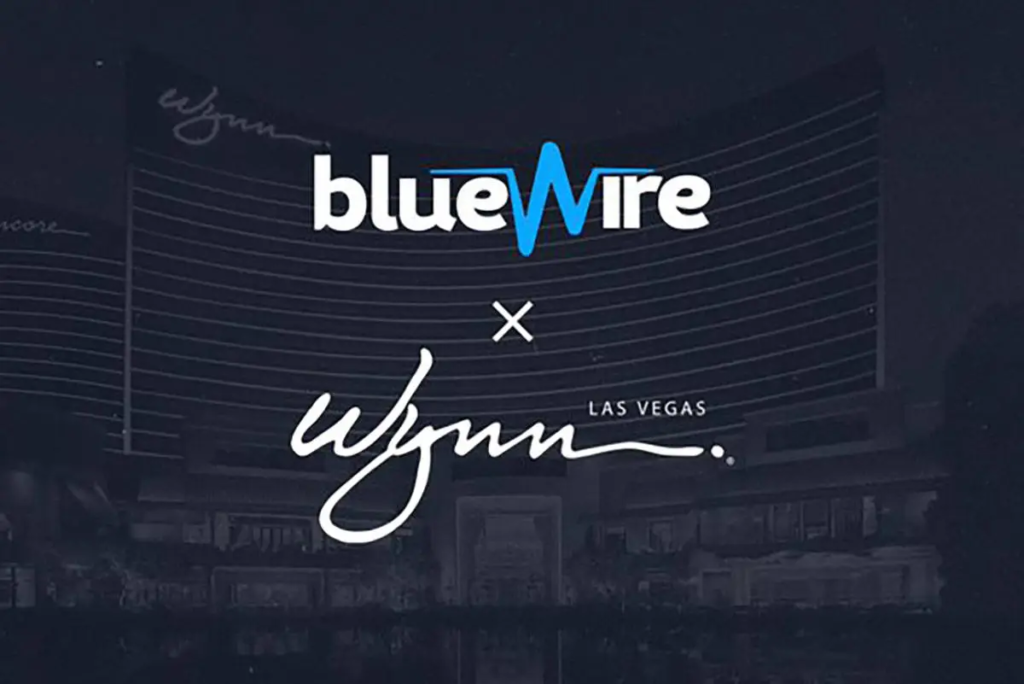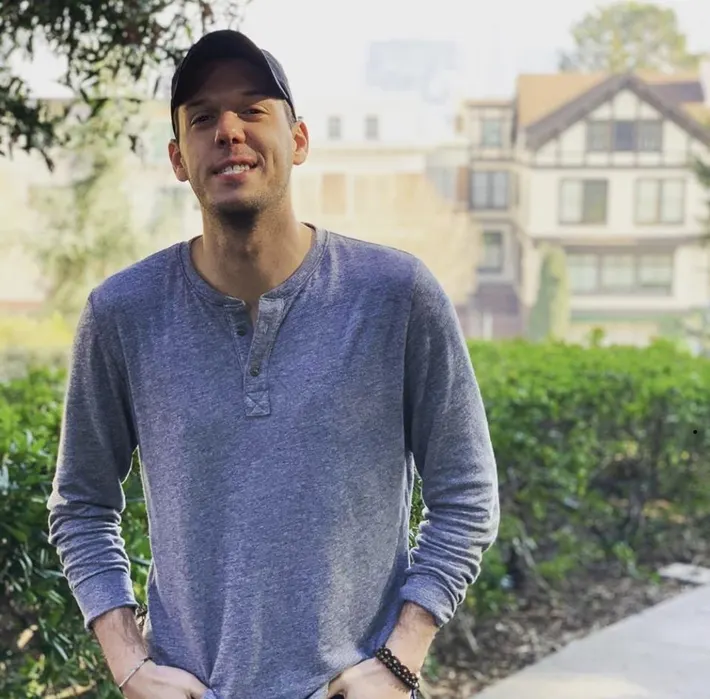Kevin Jones only had $17,000 in savings and a vision.
He had no prior business experience, no high-level connections, and zero backers.
6 years later Blue Wire is a multi-million dollar company and one of the premier sports podcasting networks.
It’s amazing what you can do with a dollar and a dream, right?
In this interview with Jones, we discuss what the early days were like getting the company off the ground, where the company stands today and some of the plans they have, and lastly, the advice he has for other founders who are looking to raise capital.
Check it out below…
Hello, who are you and what is the name of your company?
My name is Kevin Jones and I’m the founder of Blue Wire Podcasts. Previously, I worked in radio, TV, and for the Cleveland Browns from 2011-2018.
Through these experiences, I got to see firsthand how broken sports content is.
There were a couple of inspiration points for starting Blue Wire:
- I saw the success The Ringer and Barstool were having, morphing from website-first outlets to podcast-first, and thought this was intriguing
- I saw there could be an independent label in the sports podcasting game, bringing podcasts from fans, ex-journalists, athletes, and celebrities all under one umbrella
- I saw a clear problem: most independent podcasts were supremely under-monetized, and Blue Wire could be a direct salesforce for hundreds of sports podcasts
What was the process of getting the company off the ground?
I had zero business experience starting Blue Wire. I famously put my only $17K of savings into the business. The money was used to give a few of the first podcasters a signing bonus because I didn’t have any advertising revenue at the time.
I launched Blue Wire with one key podcast to get us going: Light Years, a popular Golden State Warriors podcast hosted by Sam Esfandiari and Andy Liu.
Five-and-a-half years later, Light Years is still with us and one of our most popular shows. We’ve even gotten Under Armour to sponsor the show.
Throughout 2019 I added about 25 podcasts, and 800,000 monthly downloads, and our first few sponsors – Harry’s Razors, and WGN TV – caught the attention of 500 Startups, a venture accelerator in San Francisco.
They also invested the first $150K into the business.
I was able to parlay 500 Startups’ investment into a seed round in 2020, and a small Series A in 2021. Both rounds were led by Joe Saviano at Dot Capital.
Other investors include Wynn Resorts, East Carolina University Angels, Bettor Capital, Sidedoor Ventures, Baron Davis, and Deion Jones.

How is the company doing today and what does the future look like?
Today, Blue Wire is 11X (1,125%) larger than it was in 2020.
We’re now at 13M monthly downloads + 5M monthly YouTube views across 225 podcasts and profitable with a gross margin of 40%.
130 different advertisers worked with us in 2023.
Our key podcasts include “It Is What It Is with Ma$e & Cam’ron”, “Action Network”, “All City Network”, “Fubo Sports”, and “Road Trippin’.”
We also recently cut down the staff from 30 to 15 people across content operations, ad sales, and finance/legal.
Blue Wire prides itself on being the best at recruiting independent podcasts – finding shows on Twitter, YouTube, Apple Charts, and Chartible, and being the first to reach out and build relationships.
In 2024, we’re launching our first piece of technology: Blue Wire Dashboard, the first-ever podcast network management tool.
Now our creators will be able to view their revenue pipelines and advertisers will be able to see up-to-the-minute accurate tracking for campaigns.
What advice do you have for founders looking to raise capital?
Fundraising $12 million has been the hardest part of building Blue Wire. I received more than 600 no’s since 2019.
Our biggest investor to date is Dot Capital who was first contacted through a LinkedIn DM.
Looking back, our decks had too much information and the story was overwhelming. I suggest founders hyper-focus on the problem/solution/traction without having too many slides on all the details.
I also wish I had raised less capital and gone with a more profitable approach to the business earlier.
Once you raise a few million, it’s hard to stop raising, but I advise founders in this day and age to look for profitability after closing an initial seed round.

What are some predictions you have for the industry over the next year?
YouTube continues to be one of podcasting’s biggest growth areas.
More and more brands are purchasing advertising across both audio podcasts and video podcasts on YouTube, increasing revenue potential.
Athletes, fans, and rappers continue to create way more popular content than traditional broadcasters and beat reporters.
This trend will only keep accelerating this decade.
Are there any particular tools, software, or resources you use to be more productive?
Right now, we’re building our own dashboard for our creators to see all of their metrics, revenue, etc…
Here’s a quick rundown of how we’re bringing it to life:
Phase 1: Q1-2024 launch
- “Source of truth” for our roster of creators: podcast(s), description, contact details, host information, deal terms, sales information, etc…
- Holistic data relevant to podcast(s): downloads, video views, impressions, and social media. Data is collected through API to Megaphone and CreatorIQ
- Sales/IO inputs: Campaign name, budget, rate, impressions, podcast(s)
- Operations:
- Revenue generation: based on data and sales inputs, this will calculate the revenue generated by each podcast
- Payment calculation: based on data and sales inputs, this will calculate payments at month close
Phase 2: Q2-2024 launch
- Build out creator log-in to view/update information regarding their podcast(s), revenue performance, and payouts
- Resource for creators: best practices, design templates, FAQs, link-out to all other platforms relevant to Blue Wire (ex. Tipalti)

What advice do you have for founders trying to build a team and hire talent?
Some of our best hires have come from inbound interest. Even if they don’t have amazing resumes, founders should seriously consider hiring people who admire and want to be within your organization.
We have also hired several podcasters to our full-time team, giving our Blue Wire team an edge to have actual podcasters communicate with our podcast network.
LinkedIn is also a must-look tool when hiring these days, specifically for DMing and casting a wide net for candidates.
Ultimately, I want to hire people who Blue Wire can grow with.
If they don’t have a big vision for their career – as in a bigger role they want one day, or someone they admire in the space – it’s usually a turnoff.
During interviews, I usually ask people about the sports media industry because we need people who pay attention to our competition and have a pulse on what’s happening in the ever-changing space.
We are results-oriented and give each person a ton of responsibility. We want people to feel like they are crucial to our success. Most people who come to Blue Wire worked at larger companies where their impact didn’t matter as much. For camaraderie, we are big on transparency.
Are you currently hiring and if so, where can people apply and find out more?
We are currently hiring an account executive based in LA or Chicago.
For more information, check out this link: https://www.bluewirepods.com/jobs/account-executive-los-angeles-chicago

